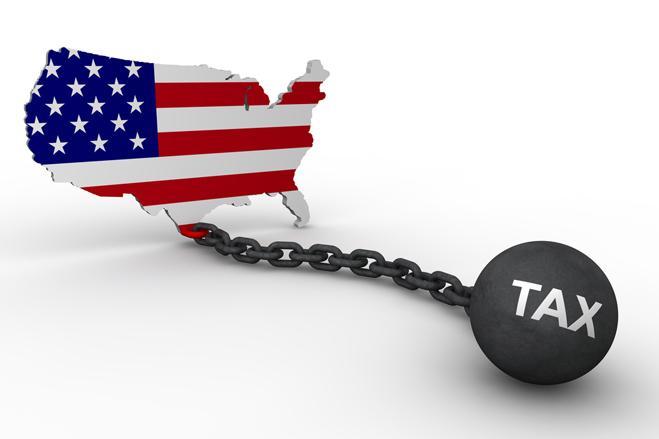Two major European companies, oil producer Royal Dutch Shell plc (ADR) (NYSE:RDS.A) and Barclays PLC (ADR) (NYSE:BCS), announced recently that the new US tax reform law will likely force global companies to take huge charges which will affect their performance in the last quarter of the year. The two firms are the latest to unveil how the tax overhaul will impact their businesses.
Shell said that it’s expecting to reserve between $2 billion and $2.5 billion charges in the last quarter of the year as the firm adjusts to its usual measurements of the deferred taxes. Barclays stated that it expects a charge of over £1 billion. In the last annual results, Barclays reported a post-tax profit of more than £1.6 billion after making necessary adjustments.
The sudden change in US tax law, which were enacted by President Donald Trump will reduce the corporate income tax rate from 35% to 21%, and will also cut down a firm’s ability to offset tax bills in line with past losses, a move that is expected to be more favorable in the long-term. However, the reforms are possibly going to have a huge short-term impact on the profits of the firms as they strive to readjust the deferred tax assets on their balance sheets.
While Shell anticipates the law to be beneficial in the end, Barclays believes that the benefits could be eroded due to the implementation of the tax reform law. The two firms used the first day of trading after the festive break to signal the potential impact of the Tax Cuts and Jobs Act that was signed recently into law in the US when the UK markets closed for the Christmas break.
Furthermore, Barclays bank has warned that its Common Equity Tier 1 measure – that was voted in to enable banks to remain more resilient after the financial crisis – is likely to fall by 20 basis points due to the tax reforms.
